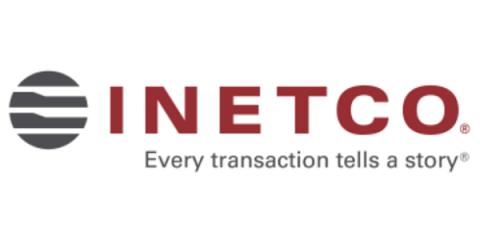Safeguarding the Most Vulnerable in Society from EBT Fraud
Back in 1939, Henry Wallace, the American Secretary of Agriculture, created the Food Stamp Program. It was designed to supply surplus agricultural commodities to American families in need during the Great Depression. People who received public assistance could get stamps that were then used to purchase food. The program underwent several iterations in the 1960s, ’70s, and ’80s until finally, in 1984, the first Electronic Benefits Transfer (EBT) system was introduced.







